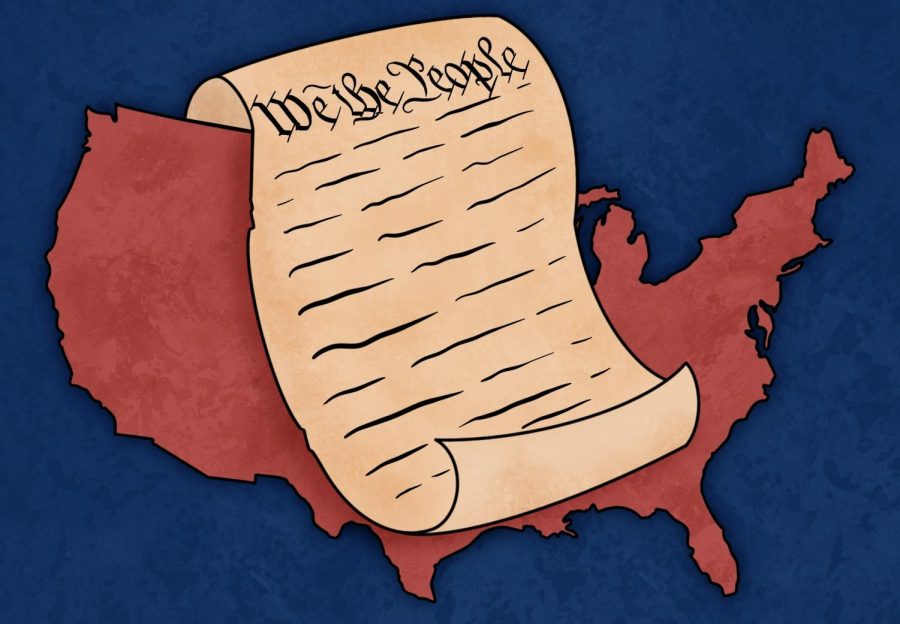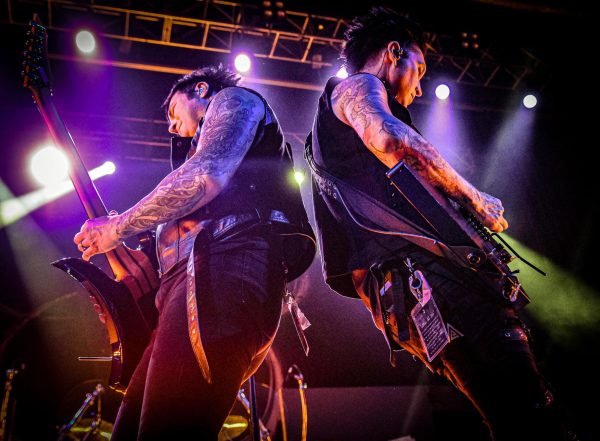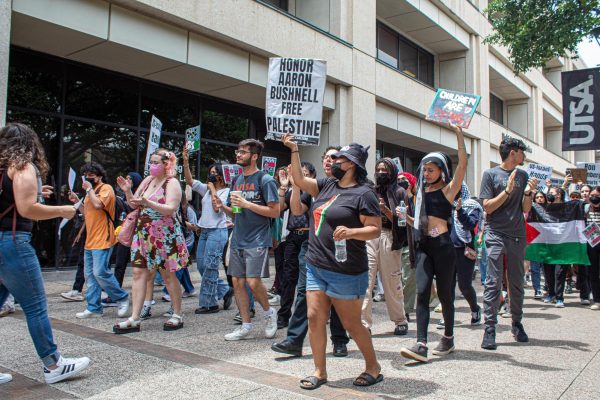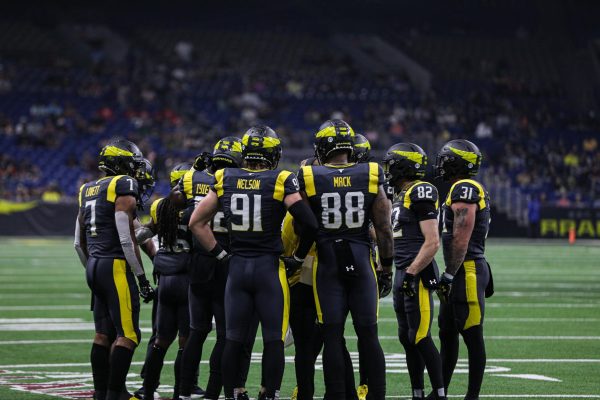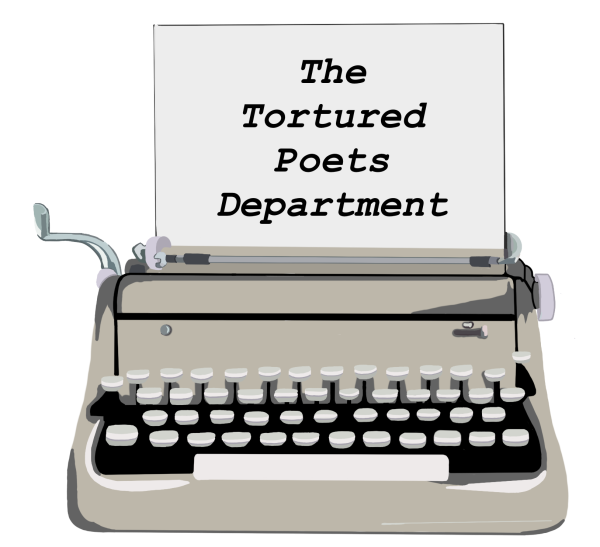UTSA Professor discusses the effect of Jan. 6 attack on American democracy
February 7, 2022
Jon Taylor, Department Chair and Professor for the Department of Political Science and Geography, explained the impact the Jan. 6 attack on the capitol had on politics over a year later.
“It had a profound impact to be perfectly honest. The big question is always what does it all mean? What kind of impact does it have?” Taylor said.
“It has hardened opinions on both sides politically. We see that here in Texas where universally, at least Republicans, still believe that Trump was the victim of a stolen election. They are very quiet, if not tacitly, in support of what happened. Not necessarily the rioting part, but the part of protesting against the 2020 election,” Taylor said.
“On the other hand, you’ve got Democrats, Independents and even some disaffected Republicans, who were completely repulsed by what happened and worried about the future of this country, and in particular worried about an attempted coup d’etat and that we might see something similar in the future.”
Taylor brought attention to how the event would be analyzed if it happened in another country and what that means for the United States. If supporters of the defeated presidential candidate stormed the capitol building, political scientists would immediately be talking about a high degree of instability, what it all means in terms of potential chaos, if it will spill over into other countries, if the United States will intervene somehow, etc.
“It has a ripple effect, not just the fact that there is a concern about the future of democracy and stability of our country politically,” Taylor said. “Some have gone so far, particularly on the right, to say there should be a national divorce which I think is ludicrous, but that tells you where some of the mindsets are.”
“At the same time, this has spilled over to things such as the recent Texas election forensic audit for four counties in Texas in which we had to discover if there were somehow voting fraud irregularities,” Taylor said. “It tells you something about the politics and the impact of the 2020 election, the aftermath with the insurrection and post-presidency of Donald Trump, how he has had such an impact on Republicans.”
Along with noting the threat that the insurrection had on American democracy, Taylor also described the world’s perspective on the events of Jan. 6.
“On Jan. 6, people around the world noticed what happened,” Taylor said. “Our adversaries have used this as a way to discuss the flaws of democracy and the American system. Jan. 6 opened the door to those comments. The country didn’t need that, especially since four years prior we had begun to isolate ourselves. The last thing we needed was to spook the world and we did.”
Taylor attempted to pinpoint where the events of Jan. 6 could have started. He reasoned that it was the culmination of years of political rancor and frustration. Taylor began by explaining the 2000 election between Bush and Gore and the high degree of partisanship that began to rise in Congress.
“The hyperpartisanship that broke out in Congress by 2004. By 2016 you have an outsider with no political experience and we saw the results over a four-year period,” Taylor said. “Still, this is completely out of our experience. Anybody, that’s living in the United States, unless you have come from elsewhere and experienced the political chaos and instability that comes with this sort of event. It’s not something that we ever expected.”
He further claimed Jan. 6 was a systemic issue, that it wasn’t short-term and wasn’t something that arose after Trump took office, rather that the environment was already primed for Trump’s arrival.
“Trump said that evening of Nov. 3, 2020, he won even though the numbers clearly showed he was losing. The stage was set when he took office in 2017 when he began to say ‘if it weren’t for all these illegal voters, I would have won in a landslide’ and it just began building from there. The stage was set, the fuse was lit,” Taylor said.
Taylor honed in on the backward political landscape that, he claimed, was several years in the making. He pointed out Senator Ted Cruz, who was attacked relentlessly by Trump on the campaign trail, yet quickly switched gears when supporting the former president helped him gain political power. Taylor even mentioned a local victim of the harsh battle for political capital centered on the GOP.
“Ryle Larson, who represents far northern San Antonio, was excoriated by the Bexar County Republican Party, by Governor Abbott, by Lt. Governor Patrick because he dared to go against the party during the legislative session on voting rights,” Taylor explained. “He was a straight-line Republican who voted consistently with the party, but he dared to go against them for a few things and was going to be primaried in March with two pro-Trump people and he decided to not run for re-election.”
According to an NPR/Ipsos poll, 64% of Americans believe U.S democracy is “in crisis and at risk of failing.” Two-thirds of Republican respondents attributed democracy’s failure to the false claim that the 2020 election was stolen. Other respondents pointed to the Jan. 6 attack on the capital as the reason for American democracy’s critical condition.
Taylor shared how he felt the citizens reacted to the attack and what it would mean for future civic engagement.
“To me, it’s worrisome. We teach and talk about civic engagement, about the idea of civic virtue — we want people to be registered to vote and we want them to be involved in the political process,” Taylor said. “The negative impact of Jan. 6 made citizens both more fretful and more distrusting if not outright concerned or suspect regarding the future of democracy.”
“It’s a concern to me because I worry, not just as a professor, but as a dad, about the future of our country when you had a sub-portion of the population that is so distrusting about the political process that they don’t feel enamored with the idea of protecting the rule of law or the constitutional system of government,” Taylor said. “It’s worrisome because when one studies this within my discipline you see what path is taken next.”
Dr. Taylor went on to explain problematic instances that further wavered trust in democracy. He mentioned former President Donald Trump’s friendship and support of Hungarian Prime Minister Viktor Orban.
“The current Hungarian Prime Minister, who is most absurdly illiberal and has done everything in his power to reduce democracy which was once thriving. All of a sudden Trump supporters seem to be bending at the knee and that is a concern,” Taylor said.
Taylor then pondered where the country goes from here, after the grim reality he described.
“There are arguments to be made that Jan. 6 was a teaching moment, although I hate to use that term,” Taylor said. “Why is it a teaching moment? It was like an asteroid near miss or heart attack scare for the country and it wasn’t an asteroid and it wasn’t a heart attack, but it scared everybody.”
`Despite the bleak outcomes of Jan. 6, Taylor also reasoned that perhaps there are unlikely positives.
“A positive for some people might be actually talking about the future of the nation and recognizing the dialogue has to change,” Taylor said. “People have to be able to talk to each other even when they don’t agree.”
“I know this seems or feels almost impossible, it’s so divisive. This idea of being so divided, can it be overcome? The answer is yes, but this is where it’s going to take some willingness from people and education,” Taylor said. “While we can accept their opinion for what they are, we can essentially agree to disagree, we used to do that and to me, there is still a place for civility, especially in politics.”
Taylor used former Senators Robert Dole and Daniel Inouye as an example of past precedents where compromise was a norm.
“The passing of Senator Bob Dole and Senator Inouye, one Republican, one Democrat, they were best of friends for years,” Taylor said. “You had a case where Bob Dole, after Senator Inouye died, comes to the funeral, helped to his feet and stands and salutes the casket. They may have been big-time political opponents, but they also were the kind of people who could still have a beer at the end of the day. That’s where we need to be again.”
He further emphasized the importance of understanding and the political consequences if the country continues without it.
“We need to understand that just because someone has a differing opinion on taxes, or abortion, or the Supreme Court, or immigration doesn’t mean there are not areas where we can find some small amount of agreement and compromise,” Taylor said. “If the lack of compromise continues it will lead to great problems politically for our county, problems that we don’t need right now.”
In addition to being open to compromise, Taylor also said that to move forward from Jan. 6, the U.S had to convince those abroad that the country is stable.
“We have to build bridges as well. We have to convince the world that we are not an unstable country, that we are not crazy, that we aren’t going to have another insurrection in the next election,” Taylor said.
Finally, Taylor concluded his thoughts for the future and what he hopes will become of the next year, given that the 2022 midterms are approaching.
“It will make for an interesting year, but to be blunt I would rather not have an interesting year,” Taylor said. “I’d rather see this stuff start to wind down and calm down. I would hope people really ponder what happened and realize it was much fuller. We dodged a bullet, it’s a warning sign to our democracy.”

